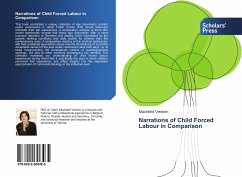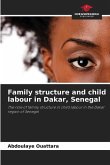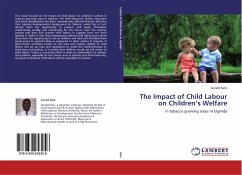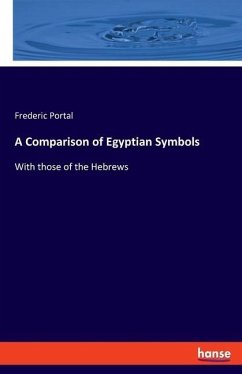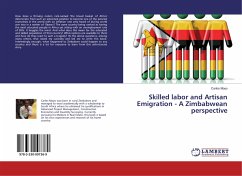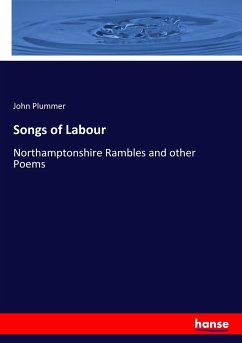This book centralizes a unique collection of ego documents created under communism in which Polish former child forced labourers articulate their war experiences. A comparative analysis of them with recent testimonies reveals that these ego documents offer a more nuanced depiction of Germans and display richer information on the specific working conditions and daily routine for children than the contemporary ones. A comparative reading of the archival testimonies with their published equivalents shows how the streamlining of a publicly acceptable version of the past under communism went both ways, i.e. at times foregrounding the propaganda content of autobiographical wordings, but also at other moments downplaying this element. The collection increases our understanding of child forced labour experiences during World War II, specifically the ways in which children perceived that experience, and offers insights into the negotiated appropriation of communist ideology at the individual level.
Bitte wählen Sie Ihr Anliegen aus.
Rechnungen
Retourenschein anfordern
Bestellstatus
Storno

